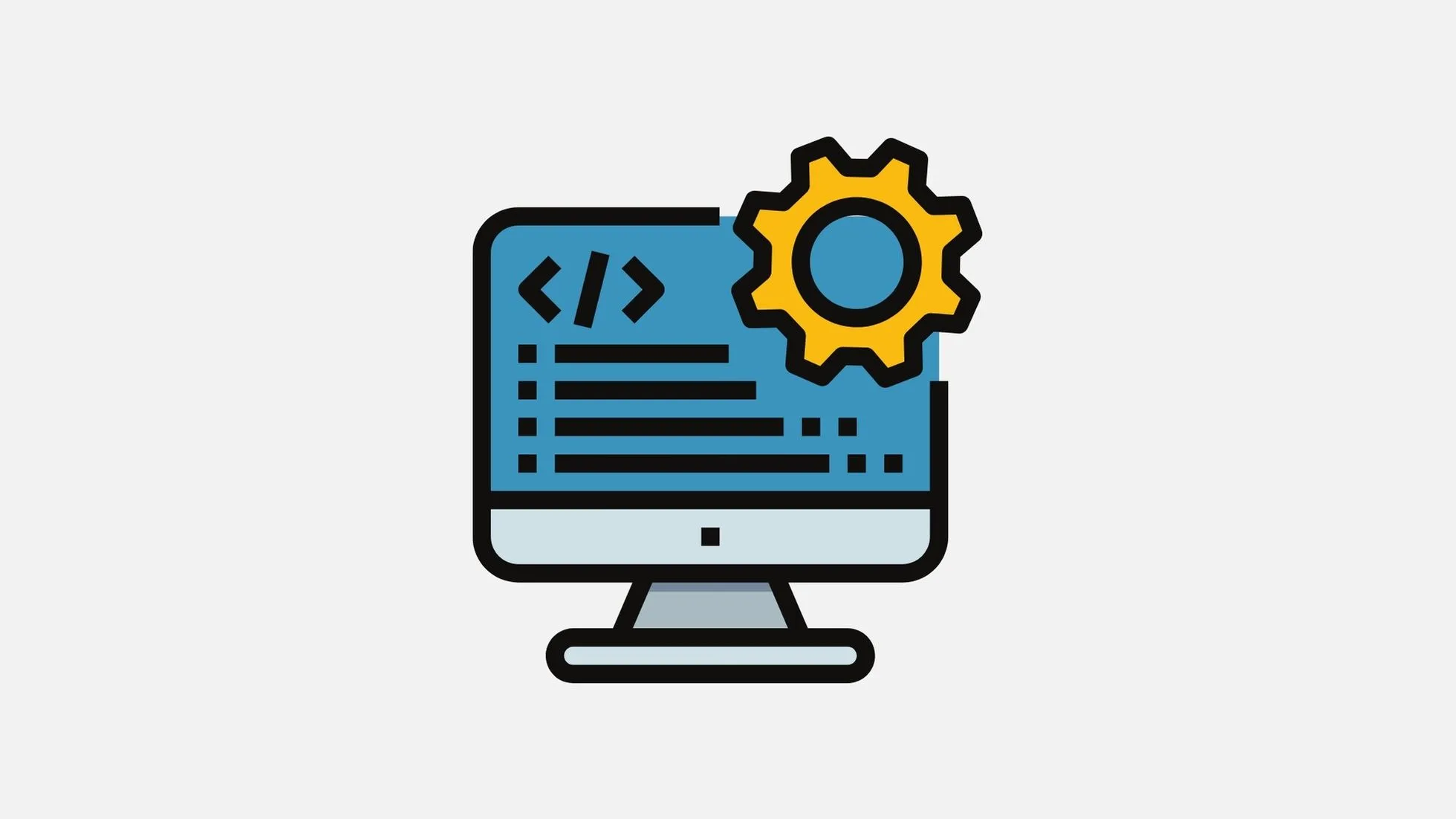Python’s data structures are a fundamental aspect of the language, and among them, the tuple stands out for its simplicity and efficiency. A tuple is an ordered, immutable collection of elements. In this blog, we will explore the properties of tuples, how to use them, and why they are important in Python programming.
What is a Tuple?
A tuple is similar to a list in that it can contain elements of different data types. However, unlike lists, tuples are immutable, meaning they cannot be modified once created. This immutability makes tuples more efficient in terms of memory and performance.
Here’s how you can define a tuple:
my_tuple = (1, 'apple', 3.14)Accessing Elements
You can access elements within a tuple using indexing. Here’s an example:
my_tuple = (1, 'apple', 3.14)
print(my_tuple[1]) # Output: 'apple'Immutability
Tuples are immutable, meaning you cannot change their elements once defined. Attempting to do so will result in a TypeError:
my_tuple[1] = 'banana' # TypeError: 'tuple' object does not support item assignmentFunctions and Methods
Tuples support a limited set of functions and methods due to their immutability. Some useful ones include:
len(): Returns the length of the tuple.count(): Returns the count of a specific element in the tuple.index(): Returns the index of the first occurrence of a specific element.
Why Use Tuples?
Tuples offer several benefits:
- Performance: Since tuples are immutable, they are generally faster than lists for read-only operations.
- Safety: Immutability ensures that the data within the tuple cannot be accidentally modified.
- Hashable: Unlike lists, tuples can be used as keys in dictionaries.
Tuples vs Lists
Here’s a quick comparison between tuples and lists:
- Lists are mutable; tuples are immutable.
- Lists are defined using square brackets
[]; tuples use parentheses(). - Tuples generally consume less memory.
Tuples are a powerful data structure in Python, offering a combination of efficiency, safety, and simplicity. They are a great choice when you need a fixed collection of elements that should not be modified. Understanding tuples and how to use them effectively is an essential skill for any Python programmer.




